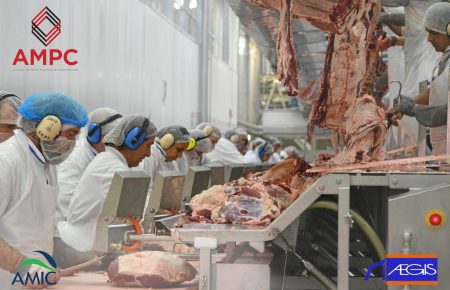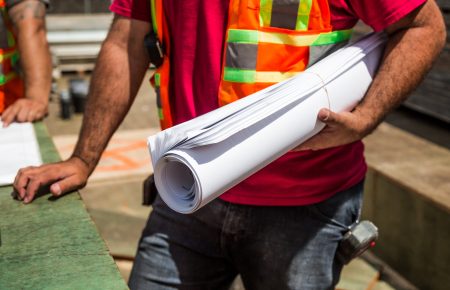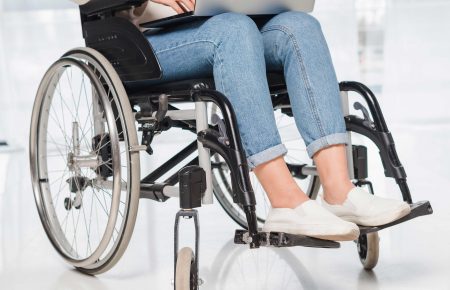By Staff Writers
As of 1 July, 2021, new legislation allows Victorians who suffer from work-related mental health injuries to access early treatment and support as they await the outcome of their claims.
These payments are known as provisional payments.
The new provisional payment laws are targeted at ensuring agents and employers act faster if a worker submits a claim for a work-related mental injury.
Workers who are entitled to these payments will be able to claim reasonable costs of medical treatment and services until their claim is accepted, or up to 13 weeks for claims which are rejected. Once a worker has lodged a claim for their work-related mental health injury, compensation will be determined within five business days of submission.
Those eligible for the provisional payments are able to claim reasonable costs on such services as consultations with GPs, psychologists and psychiatrists, costs of medication and travel costs to receive treatment.
However, reasonable cost does not necessarily mean ‘cost in full’. Reasonable costs will be considered for each individual worker’s circumstances, the recommendations of the worker’s treating health practitioner and the approved treatment practices. There may be a ‘gap’ between the amount charged by the provider and the payable amount under WorkSafe’s schedule of fees, while expenses such as travel may need to be pre-approved beforehand.
The reasoning behind the 13 weeks of provisional payments for rejected claims is to ensure workers can access the medical services and support they need while appealing the rejection. Nonetheless, if no appeal is presented, the worker will still be entitled to this 13-week payment period.
The legislative changes include updates to the Workers Injury Claim Form, Employee Injury Claim Report and If you are Injured at Work poster, meaning employers must have updated materials in the workplace.
The Key changes to mental injury claims are:
- Employers must provide early notification of mental injury claims to their agent. This means that employers must complete and forward the Worker’s Injury Claim Form Part A to their agent within three business days of receiving the claim. Agents will then need to determine if the worker is entitled to provisional payments within two business days of receiving the Worker’s Injury Claim Form Part A from the employer.
- Employers must complete and forward the Worker’s Injury Claim Form Part B to their agent within 10 calendar days. Employers can choose to forward both Part A and Part B together but must do so within three business days.
- If your worker is entitled to provisional payments, the reasonable cost of treatment for their claimed mental injury can be paid. If your worker’s claim is then accepted, WorkSafe will continue to cover these costs in accordance with Victorian workers’ compensation legislation.
- If your worker’s claim is rejected, WorkSafe will continue to cover these costs for up to 13 weeks.
- No employer medical excess is payable where the agent has confirmed that your worker is entitled to provisional payments. This is the case even if the claim includes physical injuries in addition to the mental injury, and regardless of whether the claim is subsequently accepted or rejected.
These provisional payments are an attempt to improve support for those who have suffered work-related mental injuries, by aiding recovery with access to early treatment in hopes of a faster return to work.
Disclaimer: This article provides general advice and should not be considered legal advice or an insurance consultation. You should seek appropriate counsel for your own situation. In addition, this post is directed at people in Australia. If you are outside Australia, please be aware that the circumstances in your own country may be different.






















































